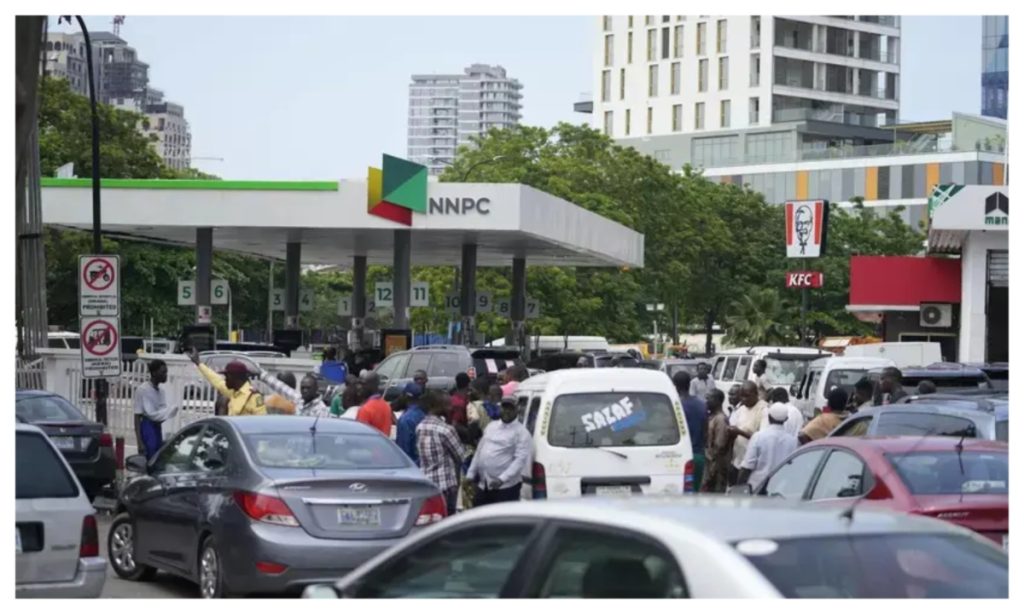In a bid to address pressing regional challenges, the governors of Nigeria’s Ogun and Oyo states have formalized a cross-border partnership targeting food security and community safety. Governors Dapo Abiodun and Seyi Makinde held a closed-door meeting at the Oyo State Government House in Ibadan on Tuesday, outlining plans to transform Southwest Nigeria into an agricultural powerhouse while bolstering security frameworks.
The collaboration draws on the historical ties of the old Western Region—a pre-independence administrative bloc where Ibadan, Oyo’s capital, served as a hub for neighboring territories, including Ogun. Both states share borders and agro-ecological conditions ideal for synchronized farming strategies. Abiodun emphasized that their joint “grow what we eat, eat what we grow” initiative aims to reduce reliance on food imports and establish the region as Nigeria’s primary agricultural nucleus. “We are uniquely positioned to prioritize local production, achieve food sufficiency, and integrate markets,” he told reporters after the meeting.
Key plans include scaling mechanized farming, aligning agricultural policies, and improving cross-border infrastructure such as irrigation networks and rural feeder roads to streamline logistics. The governors also stressed the need for coordinated security measures, particularly in border communities vulnerable to instability. Abiodun acknowledged the Southwest Security Network, known as Amotekun, for its role in enhancing regional safety through intelligence gathering and crime prevention.
Highlighting the collaboration’s broader implications, Abiodun noted, “Our discussions centered on transforming the Southwest into the breadbasket of the country.” The partnership reflects a growing trend among Nigerian states to address national challenges through localized solutions, particularly as inflation and insecurity continue to strain food systems.
Analysts suggest the initiative could serve as a model for neighboring regions, though its success will depend on sustained investment and intergovernmental coordination. With both states contributing significantly to Nigeria’s agricultural output, their shared focus on infrastructure and policy harmonization signals a pragmatic approach to unlocking economic potential.
The meeting marks a renewed push to leverage geographic and cultural synergies in tackling systemic issues, underscoring the role of subnational leadership in driving development. As global food prices remain volatile, the governors’ emphasis on self-sufficiency and regional resilience may offer lessons for other parts of Africa grappling with similar challenges.



